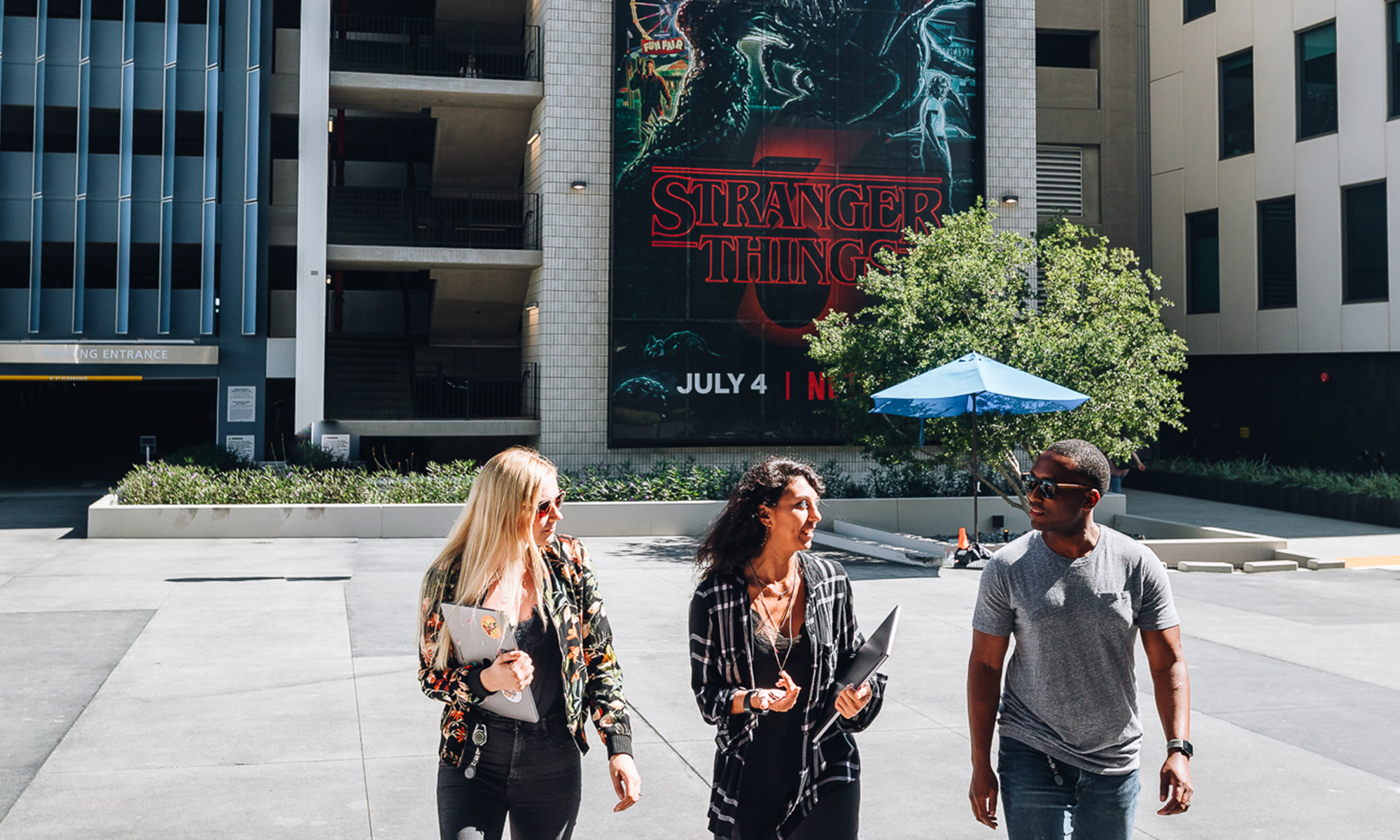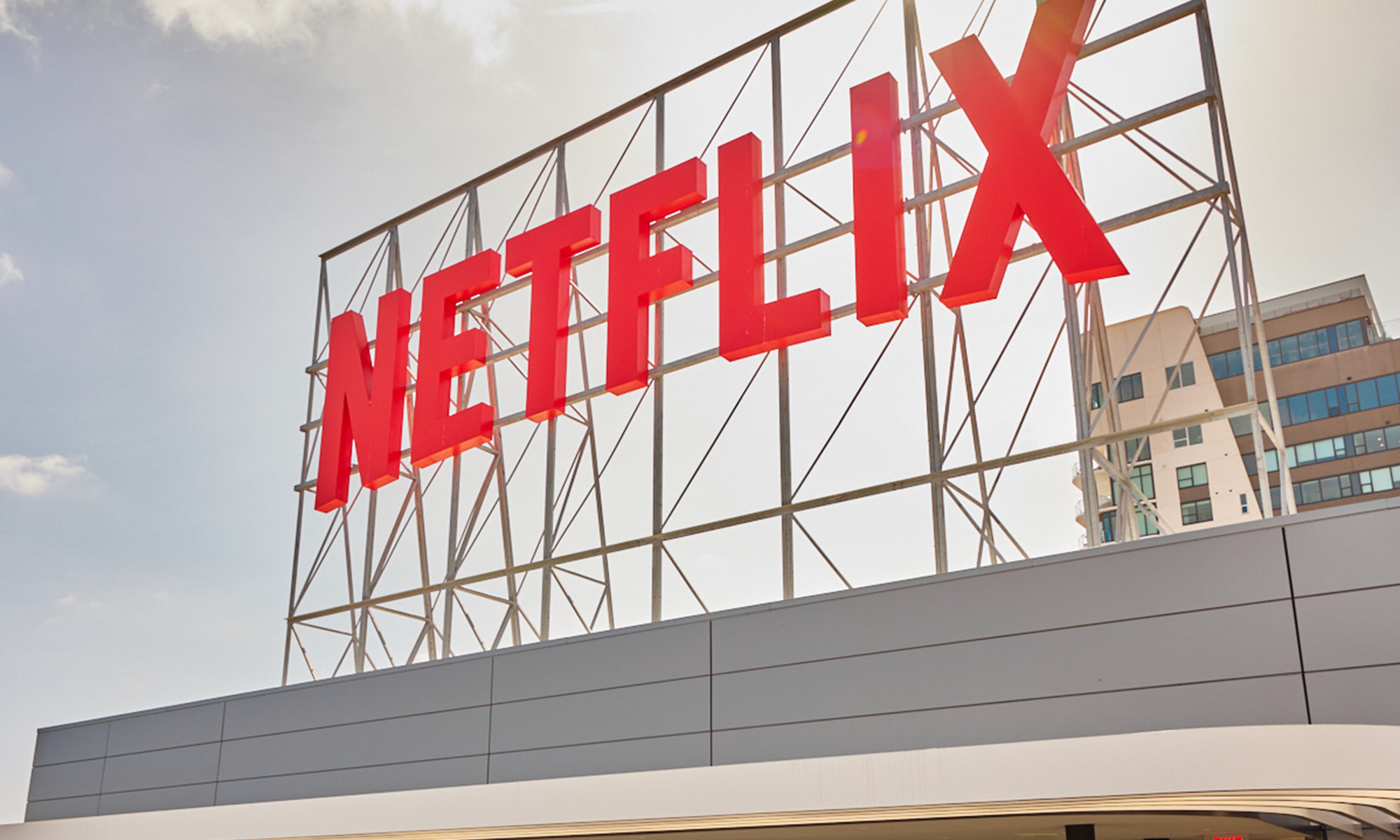This year will be the tipping point for streaming services. Cord-cutting reached previously unheard of levels last year, and that trend will only accelerate from here.
In 2019, major pay-TV providers lost nearly five million subscribers, down 5.6% year over year, according to Leichtman Research Group. To put that in context, the industry lost 2.9 million subscribers in 2018 and 1.5 million in 2017.
The biggest factor driving audiences to drop cable is the growing availability of streaming services. Consumers were previously limited to major names like Netflix (NFLX +0.23%) or Amazon (AMZN 2.31%) Prime Video, but they have more choices than ever now -- and consumers still favor one in particular.

Image source: Getty Images.
More choices than ever
The number of streaming options has ballooned in recent years, and there have been several headline-grabbing launches in the past few months, with more on the way.
Walt Disney (DIS +2.84%) launched Disney+ to rave reviews in November, gaining 10 million subscribers by the end of its first day. The company revealed last month that by early February, its subscriber count had soared to 28.6 million. Apple also made a big splash with the launch of Apple TV+.
AT&T (T +1.44%), which already offers HBO through its HBO Now and HBO Go services, will also soon debut HBO Max in May with a dizzying catalog of viewing choices. And Comcast plans to launch its Peacock service in April via NBC.
So with all of those options -- what is the one streaming service consumers can't live without?
A surprise favorite
A survey of 2,015 U.S. consumers in Feb. 2020 as part of the "Evolution of Video Branding" study, conducted by Hub Entertainment Research, found that Netflix was the one platform viewers couldn't live without. When asked which TV networks and sources they would keep if they were limited to only a few, respondents pinned down Netflix as their top choice at 39%, easily topping CBS, a division of ViacomCBS, at 28%. Disney's ABC television (28%), Comcast's NBC (26%), and Disney's ESPN (22%) rounded out the other top choices. Disney+ came in sixth at 14%, even though it has only been available for about four months.
Perhaps more surprisingly, Netflix had an even stronger showing among younger viewers. In the 16- to 34-year-old demographic, Netflix was the top choice of 53% of respondents, more the double the 26% score of second-ranked Hulu (also owned by Disney), while Disney+ rounded out the top three with 25%.
Another interesting takeaway is that 57% of viewers said they are more interested in watching "original" programming, which helps explain why Netflix scored so highly -- 25% of viewers said Netflix had the best original shows, more than four times higher than second-place Amazon Prime with 6%, followed by ESPN (6%), CBS (5%), and HBO (4%).
One of the arguments consistently used by Netflix bears is that with so much competition entering the fray, the tech giant will inevitably begin to lose market share as viewers turn to the latest, greatest thing, like Apple TV+ or Disney+. This shows that, for now at least, reality isn't playing out the way bears imagined it.

Sadie Sink, Noah Schnapp, Millie Bobby Brown, Finn Wolfhard, and Caleb McLaughlin in a scene from Netflix's "Stranger Things" Season 3. Image source: Netflix.
Too much is never enough
So how much is too much? Last year, it was estimated that there were about 300 streaming services available with many more on the way.
Is this a case of too much of a good thing? A study from late 2019 found that 47% of customers are beginning to experience what the report defines as "streaming fatigue." The survey found that consumers are "frustrated by the growing number of subscriptions and services they need to piece together to watch what they want," according to Deloitte's 13th annual Digital Media Trends report.
That suggests that being the most deeply entrenched player and the one service that consumers "can't live without" is an enviable position to be in. It's good to be Netflix.











